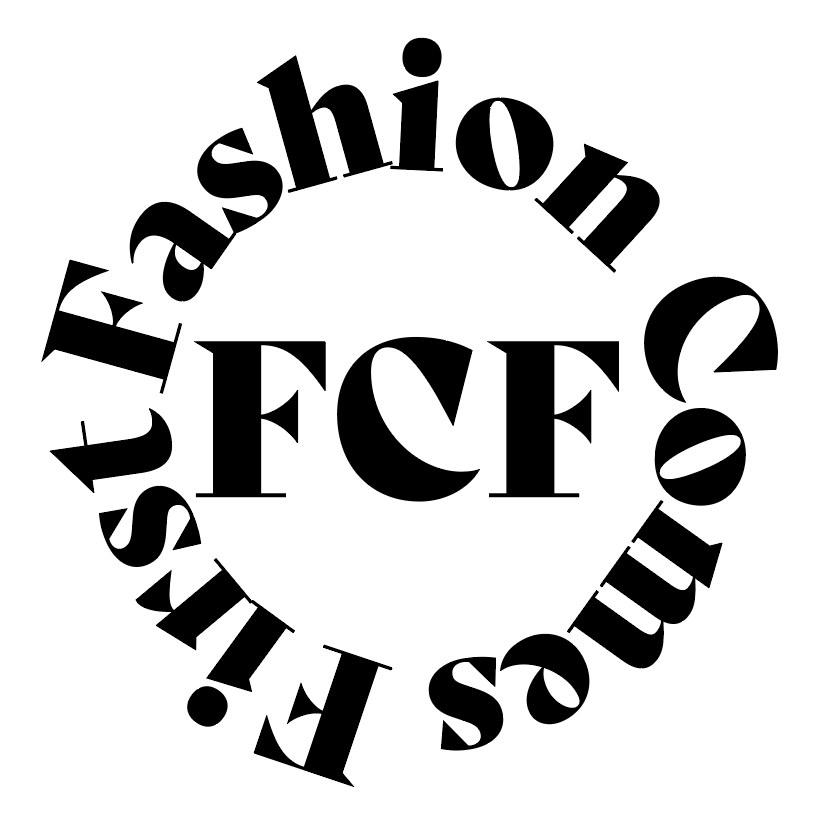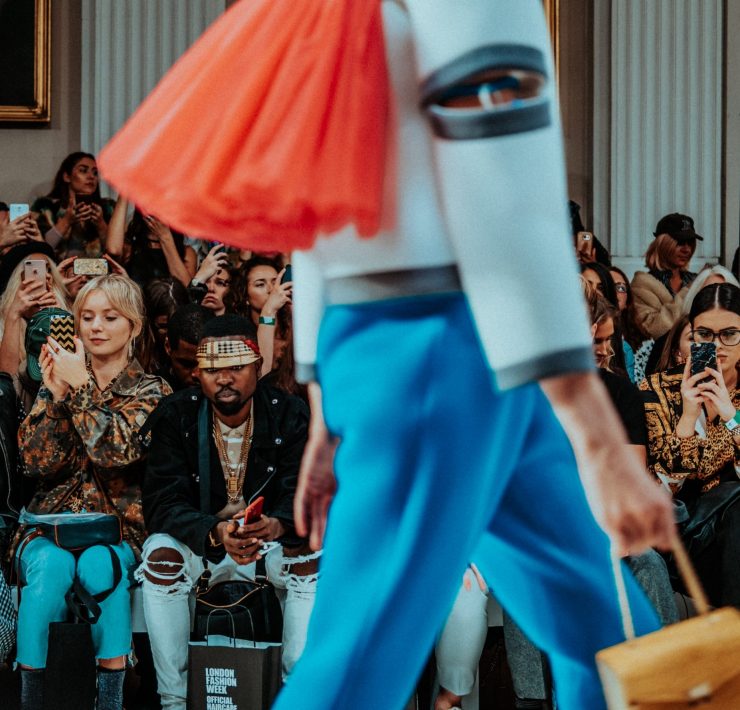“Vegan Leather” is being hailed as a revolutionary, eco-friendly alternative to the real thing – but is it always as good as it sounds? How can we know who to trust and what should we be looking out for?
We’ve done our own research to help guide you along the way…
As you scroll your way through Instagram, it’s likely at some point you’ll spot a brand or retailer advertising their latest ‘Vegan Leather’ trainer (that’s sneaker if you’re American), handbag, jacket, or leggings. At first glance it all sounds rather wonderful – finally a planet-friendly alternative to real leather! But is this actually anything new? And is it planet-friendly? Well, the answer is – it depends who you buy it from.
What is Vegan Leather?
Vegan leather is a material that mimics leather but is created from artificial or plant products rather than animal skins. The natural assumption is that buying Vegan leather is an eco-conscious alternative to real leather, but that’s not necessarily the case. All Vegan Leather really means is it’s ‘faux leather’, not that it is eco-friendly.
What is Greenwashing?
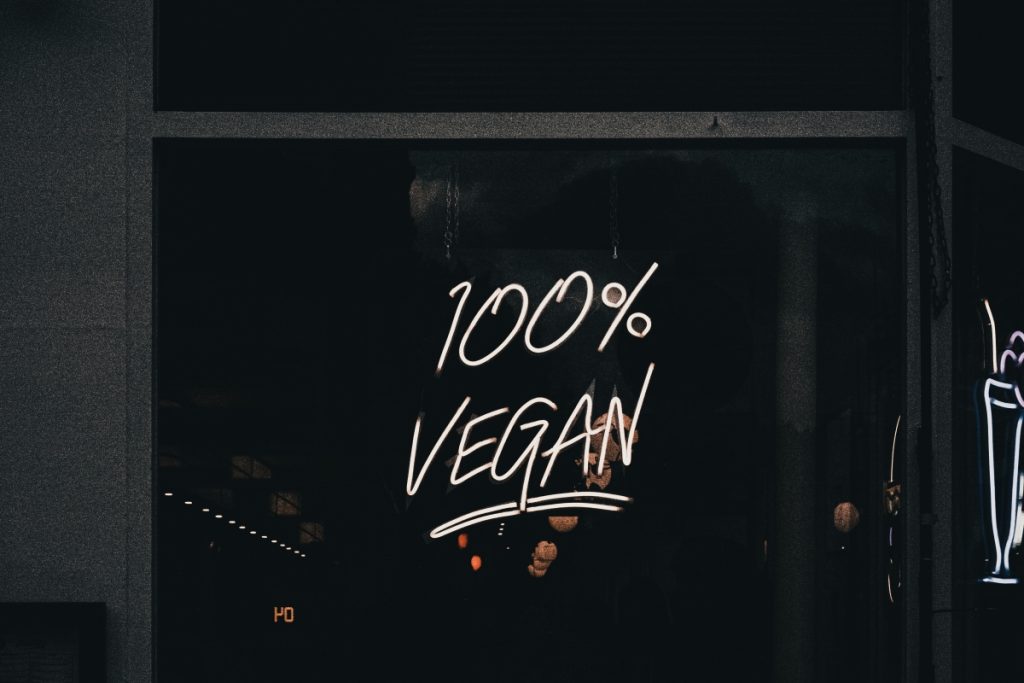
According to good on you, the definition of Greenwashing is “the use of marketing to portray an organization’s products, activities or policies as environmentally friendly when they are not”. Many brands are guilty of Greenwashing. They use various strategies to mislead their customers into believing they’re making responsible choices. Unfortunately, it’s often very easy for retailers to pull the wool over our eyes by simply renaming their product to make it sound, well – green.
A classic recent example is when the UK-based retailer Primark launched their new ‘Vegan Leather’ range made from a material called ‘PU’ in January 2020. However, as anybody hot on their fabric knowledge knows, ‘PU’, aka Polyurethane, has been widely used in the industry for years (especially by Primark themselves). Not only is this material not a revolutionary eco-friendly breakthrough, Its use in fashion actually dates as far back as the 1950s when it was first used in the soles of trainers. While the fabric itself is a great alternative to leather in terms of its suppleness and likeness to real leather, and its manufacturing process is relatively non-toxic, it is still basically just plastic – not the sustainable alternative we are led to believe.
PVC (Polyvinyl Chloride) is another widely used alternative to leather under the ‘Vegan Leather’ umbrella in the fast fashion industry that is considered even worse than PU. According to Greenpeace, “PVC is the most environmentally damaging plastic. The PVC lifecycle – its production, use, and disposal – results in the release of toxic, chlorine-based chemicals.”
Technically retailers like Primark are not lying to us when they say their product is made from ‘Vegan Leather’. To their credit, they were actually one of the first major retailers to gain their ‘Vegan Certification’ mark. But the question we should be asking within the industry is whether customers are being led to believe they’re making more sustainable choices than they really are..
So what’s the alternative?
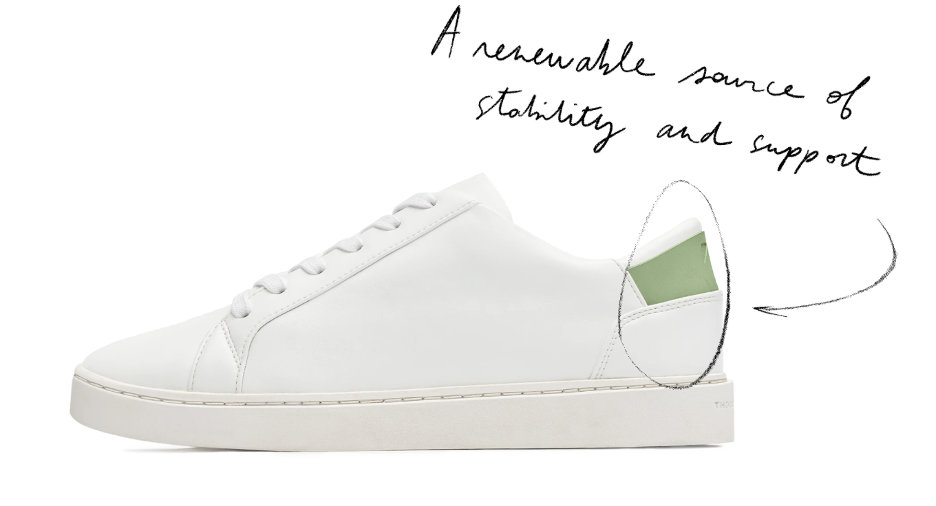
Thousand Fell’s fully recyclable sneaker
Many brands are exploring new, innovative plant-based leathers as a real sustainable alternative to animal hides. Some exciting new developments include leathers made from apples, mushrooms, pineapple leaf waste, and even cactus. These materials often use less water, fewer chemicals, and emit fewer carbon emissions than synthetics. Recycled materials are also an increasingly popular choice among forward-thinking brands.
Brands like Ecoalf have created the first 100% recycled flip flop made from recycled tires. Thousand Fell has created the first fully recyclable, zero waste, closed-loop sneaker, made from a variety of materials including Aloe Vera, recycled rubber, recycled bottles, castor beans and coconut husk to name a few.
Is there a catch?
There are some hurdles to consider. These innovative alternatives don’t always come cheap, which could of course hinder mass adoption by brands & consumers. And some argue that many of these recycled materials just prolong the inevitable -these products are not biodegradable, and will still end up in landfills. Even many of the plant-based leathers are also still finished with non-biodegradable glues or foils.
However, at face value, it seems these are still a better alternative to PU, PVC, and real leather. They are not being used to fund the extremely unsustainable cattle industry, and you are keeping the materials out of landfills for longer.
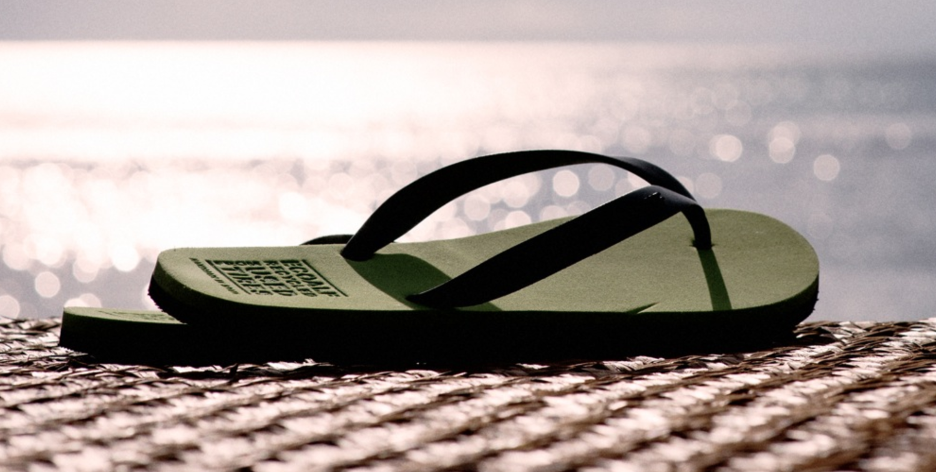
Ecoalf 100% recycled flip flop made from recycled tires
What about longevity?
One of the biggest (and most complicated) debates when it comes to the use of Vegan Leather vs Real Leather is which is better in terms of sustainability and positive impact on the planet?
It could be argued that a genuine leather jacket is a timeless piece. It’s extremely durable, never out of style, and holds its value for its owner for a long time – often being kept by the same owner for decades. On the other hand, a Vegan Leather jacket made from PU or PVC may end up in the trash after a year or two.
However longevity aside, the environmental impact of real leather is still a major area of concern. Leather is a bi-product of the beef industry. Aside from ethical concerns for the treatment of animals, this industry is one of the most devastating for our environment. From massive deforestation for grazing land to greenhouse gas emissions from agriculture, to the damaging tanning process involved in transforming the animal skin into the finished leather material we see in stores.
There is not necessarily a black and white answer to this debate. It’s an ongoing discussion, so it’s important both industry professionals and consumers take the time to do their own research into what we’re selling & buying. Stay tuned as we follow up with a deeper dive into this debate in our upcoming article releases.
Read more on Fashion and the Free.
